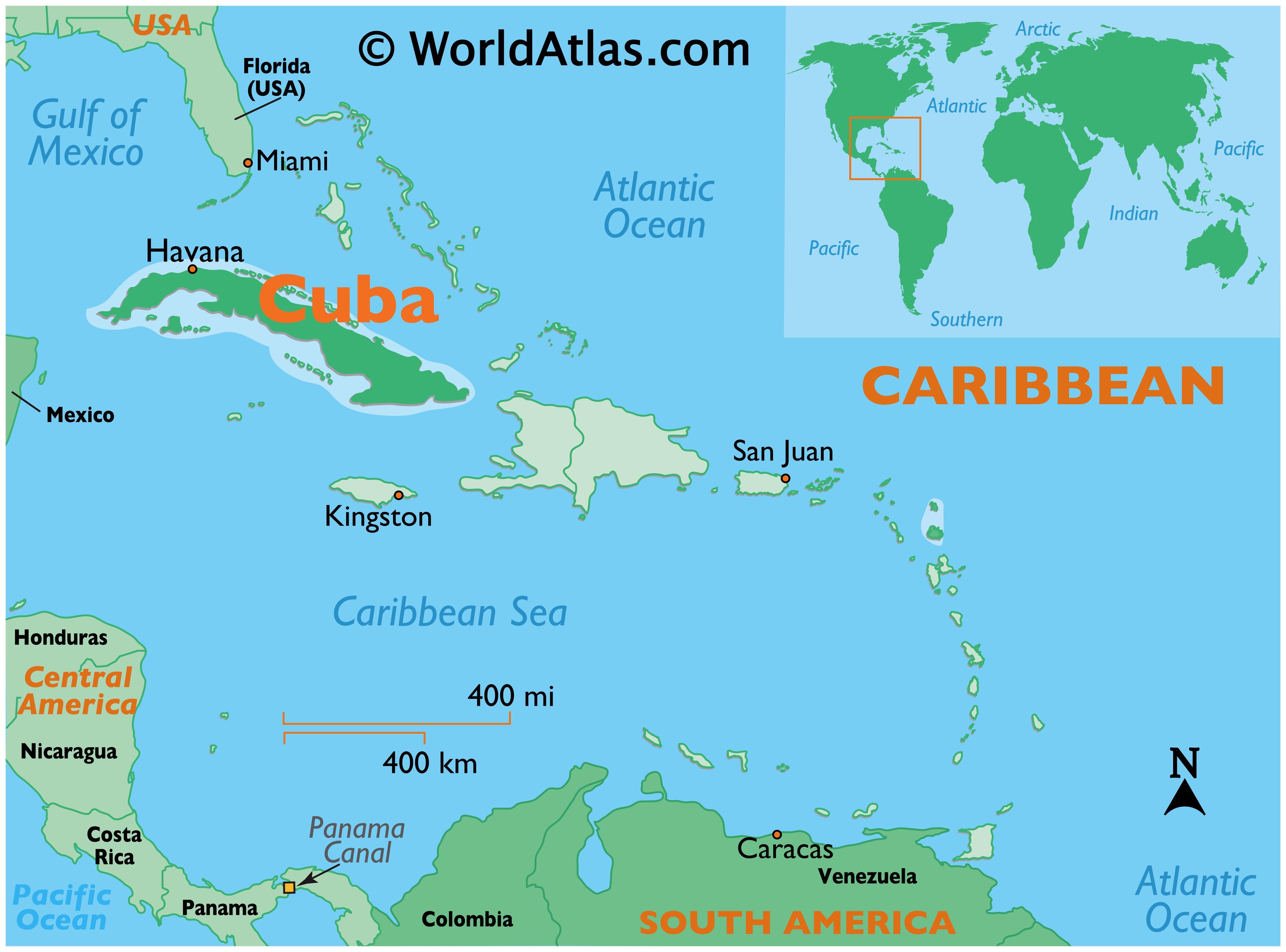1926 - 2016
With the death of Fidel Castro Friday night and our shift in
focus from the Eisenhower administration to that of John F. Kennedy, it seems
appropriate that we look at the rise to power of Castro and why he, almost
sixty years later, still has politicians worldwide fiercely debating his place
in history.
On New
Years Day 1959, Cuban Dictator Fulgencio Batista was forced to flee the country
from Havana airport, following Castro’s successful guerilla war in the island
nation. Batista had ruled the country since 1952, and had actually imprisoned
Castro in 1953, but released him in an effort to appear less like a dictator. The
released Castro travelled to Cuba with a handful of allies, included his
brother Raul Castro and the revolutionary Ernesto “Che” Guevara. What happened
next is nothing short of incredible – travelling through rough seas for over
1,200 miles on a decrepit yacht called the Granma,
Castro and eighty fellow revolutionaries invaded Cuba on 2 December 1956. Hiding
in the mountains, Castro began to lead a guerilla campaign against the Batista
government, and this campaign was able to connect with the Cuban people.
Castro’s transition
to power in 1959 was anything but smooth. Early supporters who had hoped he
would end the dictatorship of Batista and bring democracy to Cuba, were
dismayed as he began to align himself to the Soviet Union, going so far as to
describe himself as a Marxist-Leninist in a speech around this time. In
response to demands that the US withdraw all but eighteen members from their
embassy in Havana, Eisenhower ordered that the US embassy close; it wouldn’t
reopen until 2015. An embargo from the US soon followed, forcing Cuba to rely
heavily on the Soviet Union to buy their sugar and otherwise prop it up economically.
The embargo
would prove to be the least of Cuba’s worries from the United States. On April
17, 1961, three months into the presidency of John F. Kennedy, a
counterrevolutionary army of over 1,400 exiled Cubans, armed and funded by the
CIA, attempted an invasion of Cuba, by way of creating a beach head at the Bay
of Pigs. Castro was prepared for this, and slaughtered the soldiers as they
landed. The counterrevolutionaries were not given the required air nor naval
power, and had failed to take the Cubans by surprised. The invasion was a
spectacular failure, and a complete surrender was offered after only three
days.
From the
Bay of Pigs invasion onwards, Castro would have firm evidence to show that the
United States could not be trusted. The ninety miles between Florida and Cuba
became a sea of distrust and suspicion. Increasingly paranoid, Castro requested
ballistic missiles from Nikita Khrushchev, the leader of the Soviet Union, to
deter future aggression from the United States. President Kennedy was not about
to let missiles to be held so close to the US border, so he sent naval ships
down to blockade the incoming Soviet ships. For thirteen days the heads of both
the United States and the Soviet Union scrambled for a diplomatic solution – in
the end, the Soviets turned around and went home, and the United States agreed
to pull its Jupiter missiles out of Turkey.
This successful
aversion of conflict by the Kennedy administration kept the Cubans from
becoming an existential threat. Castro stayed on as dictator for the next
forty-four years, but we have now reached the end of the history of what we are
concerned with in our class. Fidel Castro, the leader of a Caribbean nation of
eleven million people, certainly punched above his weight. No leader besides
Queen Elizabeth II held onto power longer in the western world. He jailed and executed
rivals, he suppressed free speech, and he continually agitated the United
States. He also improved the country’s access to quality healthcare, brought
about racial integration, and was to a degree successful in managing an economy
without any aid or trade from the United States. His legacy will remain hotly
debated by historians for years to come



No comments:
Post a Comment